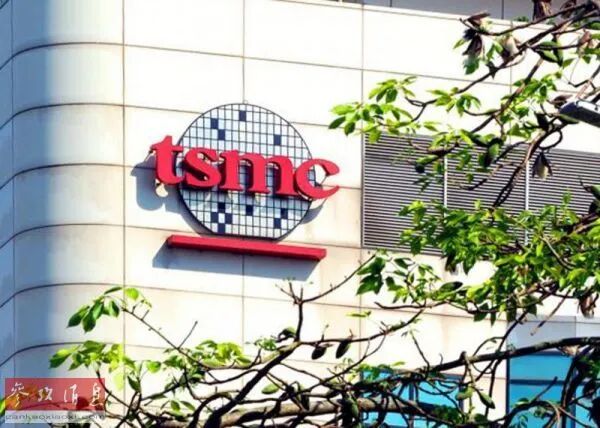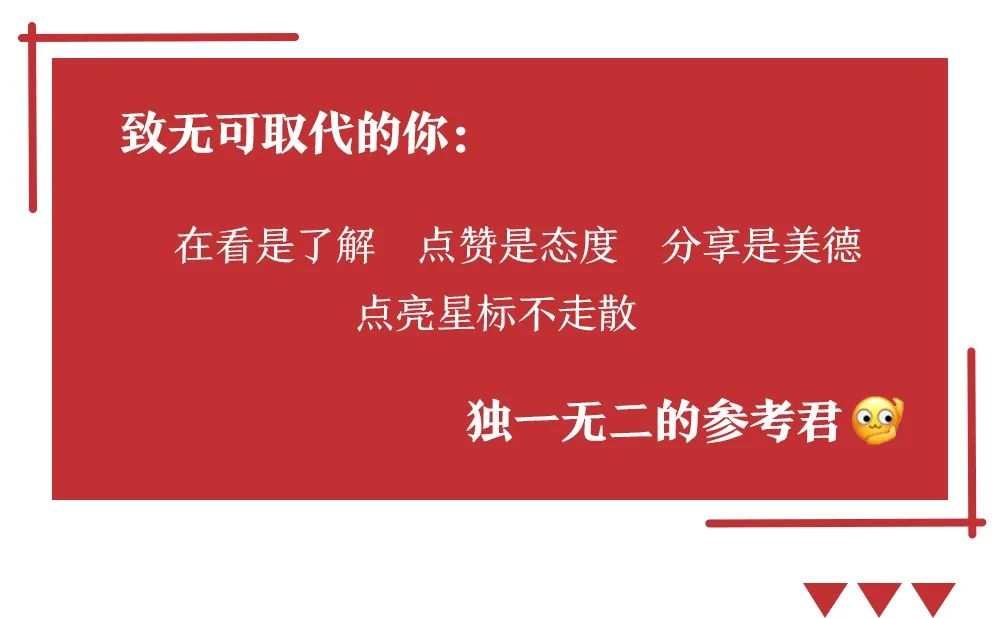According to a report by Deutsche Welle on January 26, based on recent data from market research firm TrendForce, 64% of the global chip foundry market share in 2021 will be held by Taiwan, with the majority occupied by TSMC. In other words, TSMC alone accounts for more than half of the global chip foundry market.

▲ Reference image: TSMC’s office building in Hsinchu.
The report states that in 2020, established chip manufacturers in the U.S., such as Intel and Qualcomm, began to outsource their orders for chips with more advanced process technologies to TSMC. This also means that Intel, which had long dominated the industry, has now faded out of the chip foundry segment, shifting more focus to chip design and other upstream and downstream processes.
The report also mentions that Taiwanese companies occupy an almost monopolistic position in key segments of the semiconductor industry chain, originating from TSMC’s establishment of the chip foundry model in the late 1980s. At that time, TSMC, which had just been founded, needed to avoid direct competition with industry leaders like Intel, so it sought to provide foundry services for Intel. Within a few years, chip foundry became an important division of labor model in the semiconductor industry. Upstream companies like NVIDIA and Broadcom are busy creating chips with varying performance for different industry needs and then handing the designs over to midstream foundries like TSMC for production. Companies like TSMC leverage their scale advantages to continuously reduce costs and improve process levels, refining the foundry segment of the industry chain to perfection. This division of labor model lowers the barriers and R&D risks for design and foundry companies, allowing businesses in different segments to focus on their areas of expertise. Taiwanese companies like TSMC seized the opportunity of the industry’s transformation and rapidly captured market share.
The report points out that other segments of the chip industry chain, such as chip design, lithography machines, and chip production, are also dominated by other countries like the U.S., the Netherlands, and Japan, and Taiwanese companies do not control the entire industry chain. However, recent supply shortages have forced companies like Volkswagen, Ford, and Toyota to cut production, highlighting the global economy’s heavy reliance on the chip industry, especially on Taiwan’s chip foundry sector.
Technology policy expert Klein Hans from the Berlin-based think tank New Responsibility Foundation stated in an interview that the Taiwanese companies holding over half of the foundry market share have become the “most critical potential single point of failure in the entire semiconductor industry chain.”
Featured Video Recommendation
👇
WeChat Editor | Dong Lei
WeChat Review | Jiang Tao
